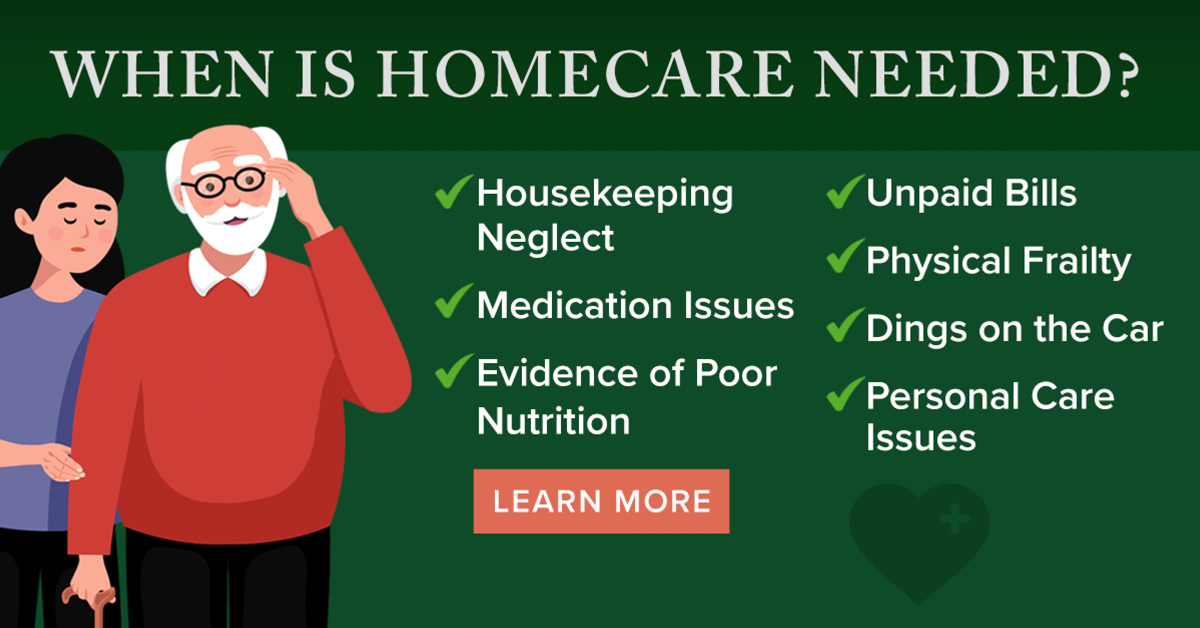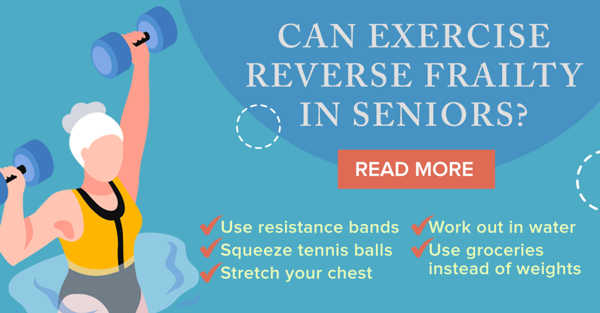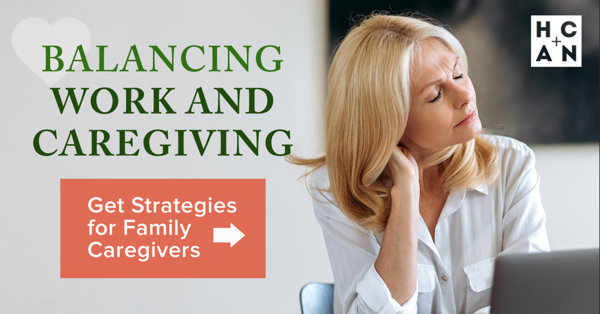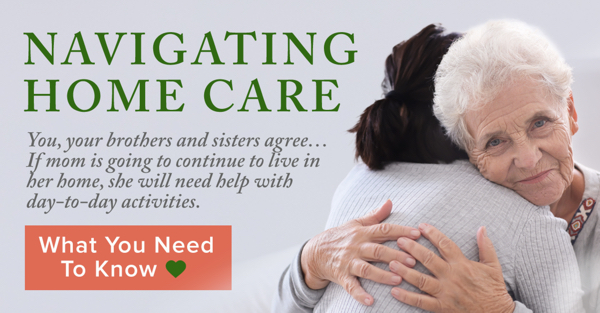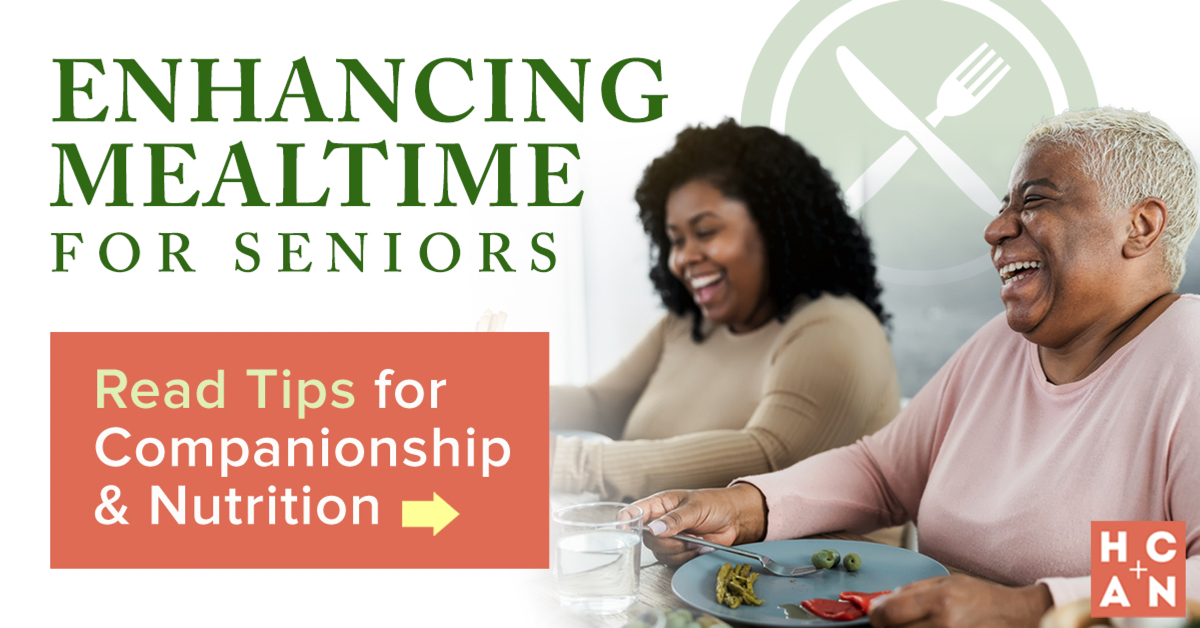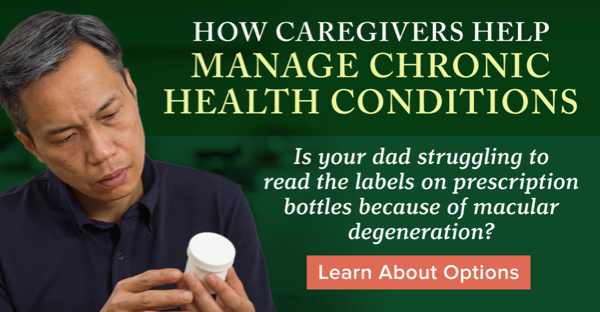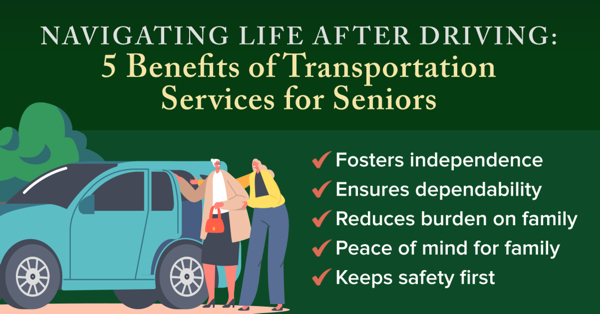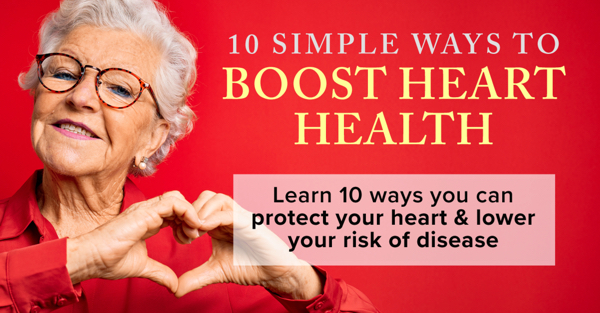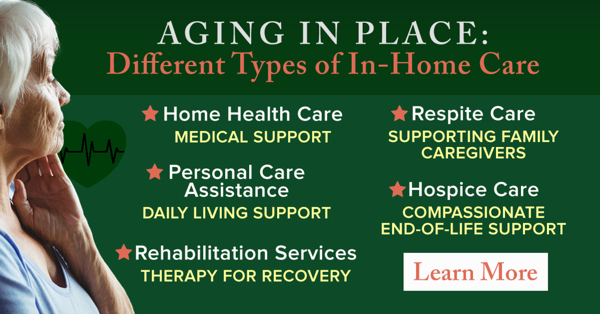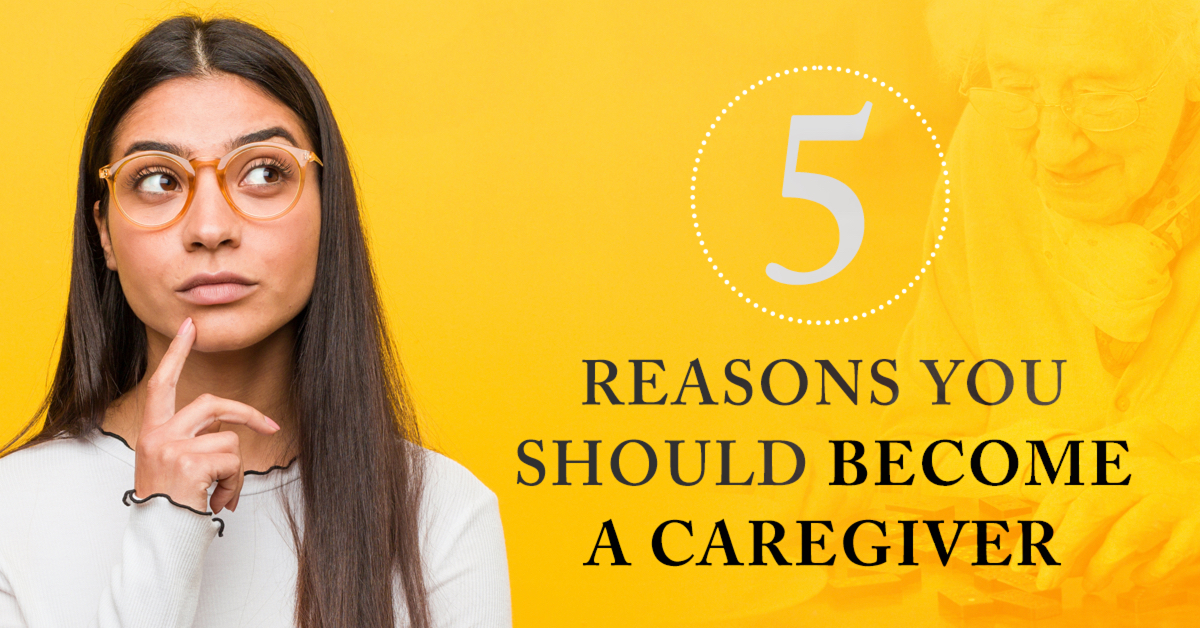Understanding the Importance of Home Care
She hasn’t said anything, but you suspect your mom is struggling to take care of herself and her home.
“Older people rarely ask for help. They’re afraid of losing their independence, and they don’t want to burden family members or friends,” said Austin Blilie, Chief Operating Officer at Tudor Oaks Home Care’s parent organization, ABHM. “Unfortunately, that often means they’re not getting the help they need with things like housekeeping, meal preparation and personal care.”
Key Signs That Indicate the Need for Home Care
So how do you know when home care is needed? Blilie advises looking for the following red flags: Continue reading When is Home Care Needed? Recognizing the Signs for Your Loved Ones
